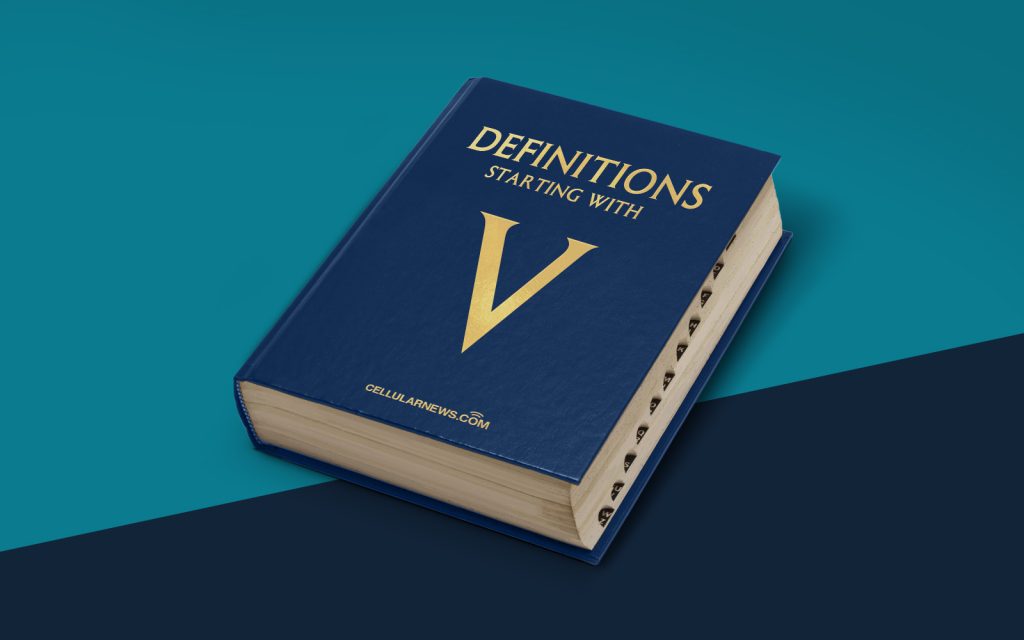
Understanding Variable Character Field (Varchar)
Welcome to our “Definitions” category, where we break down complex concepts and make them easy to understand. In this post, we will explore what a Variable Character Field, commonly known as Varchar, is in the world of databases and programming. So, let’s dive right in!
Key Takeaways
- Varchar is a data type used to store variable-length character strings in databases.
- It is commonly used to store textual data of different lengths, such as names, addresses, or descriptions.
What is a Variable Character Field?
A Variable Character Field, or Varchar, is a data type used in databases to store variable-length character strings. It is commonly used to store textual data of different lengths, such as names, addresses, or descriptions. Unlike fixed-length character fields, Varchar allows for efficient storage, as it allocates space based on the exact length of the data being stored.
Now that we know what a Varchar is, let’s explore some of its characteristics and how it can be useful in database management:
Characteristics of Varchar
- Length Flexibility: Varchar fields can hold variable-length character strings, allowing for flexibility in storing data. The length of the data can vary from one row to another, accommodating varying textual content without wasting storage space.
- Efficient Storage: Varchar offers efficient storage utilization by allocating space based on the actual length of the data being stored. It saves space by allocating only the necessary amount of storage required by the stored value.
- Textual Data Manipulation: Varchar supports various operations and manipulations on textual data. It enables programmers and database administrators to perform tasks such as searching, sorting, and modifying textual data efficiently.
- Collation and Character Set: Varchar supports different collations and character sets, allowing for language-specific sorting and comparisons of textual data.
By understanding the characteristics of Varchar, database administrators and developers can make informed decisions when designing and managing databases. Now, let’s explore some scenarios where Varchar can be beneficial:
Use Cases for Varchar
- Storing variable-length text: Varchar is ideal for storing data where the length varies, such as user inputs like names, addresses, or comments. It ensures efficient storage by allocating the required space based on the actual length of the input.
- Optimizing storage space: When dealing with databases containing a large amount of textual data, using Varchar can significantly reduce storage space consumption. Varchar’s variable-length allocation feature eliminates the need to allocate fixed-length storage, resulting in better storage utilization.
So, the next time you come across the term “Variable Character Field (Varchar)” in the context of databases and programming, you’ll have a clear understanding of what it means and how it can be helpful.
We hope this post has shed some light on the concept of Varchar, providing you with a valuable piece of knowledge to enhance your understanding of databases and programming. Stay tuned for more educational content in our “Definitions” category, where we demystify complex terms and make them accessible to all.
